AI in Action: Transform Your Business and Marketing with AI – DigitX Moments US
DigitX Moments Session Overview – AI in Action: Transform Your Business and Marketing with AI by Kirsty Ferguson, Senior Growth Manager
Artificial Intelligence (AI) is no longer just a buzzword—it’s reshaping the landscape of event marketing.
During DigitX Moments 2024, Kirsty Ferguson, Senior Growth Manager at Tag Digital, guided event marketers through the practical ways AI can revolutionise their workflows, boost efficiency, and drive innovation.
In this session, Kirsty introduced attendees to the power of AI, focusing on how businesses can integrate it into their daily processes.
Here’s a breakdown of the key takeaways from the session and how AI can transform your approach to marketing.
Embracing AI: A Shift in Mindset
Kirsty began by addressing a common concern among marketers: the fear that AI will replace human jobs.
She encouraged attendees to see AI as an enhancer of human capabilities rather than a replacement. By automating repetitive tasks, AI allows marketers to focus on more strategic and creative work.
A key concept introduced was Marginal Gains Theory, which emphasises making small, incremental improvements that, over time, add up to significant success.
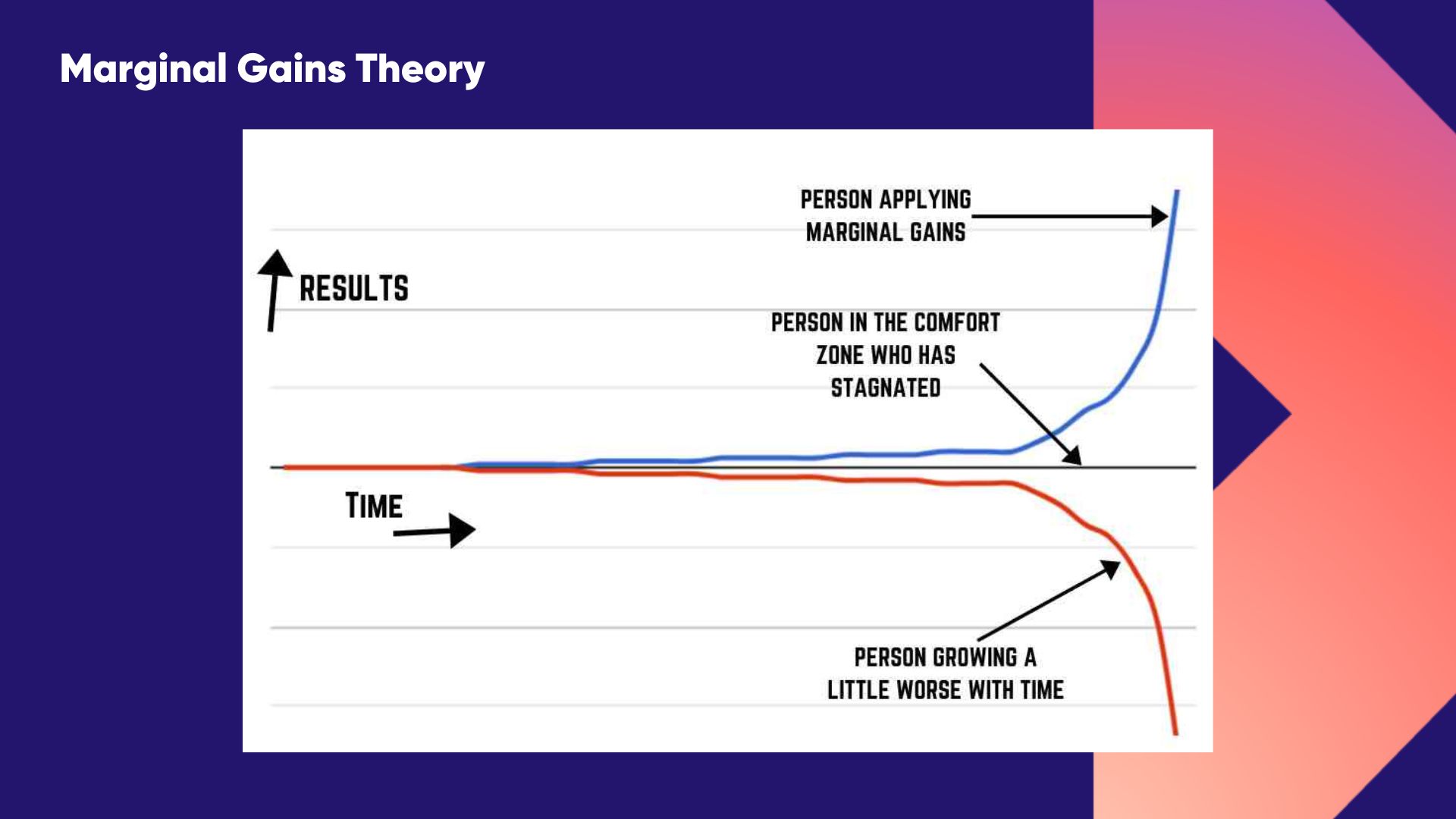
Kirsty urged marketers to start small with AI, gradually integrating it into their workflows to improve efficiency.
The SPARK Framework: A Practical Approach to AI
Kirsty unveiled Tag Digital’s SPARK Framework, a step-by-step process for integrating AI into daily tasks.
Over the past year, this framework has helped Tag Digital save over 19,000 hours of work. Here’s how the framework works:
(S) Spot Potential
Begin by identifying tasks—whether daily, weekly, or monthly—where AI could provide value. For example, analysing post-show insights or automating email follow-ups could be streamlined with AI tools.
(P) Pick Appropriate Models
Choose the right AI tools for the task at hand. Kirsty explained the difference between foundation models like ChatGPT, which are ready-to-use, and more advanced, purpose-built tools like MidJourney for generative visuals.
For more complex needs, custom AI workflows and chatbots can be developed. Reach out on LiveChat for more information.
(A) Apply and Adapt
Once a model is selected, integrate it into your workflow and ensure a human is involved in the process. AI can enhance efficiency, but human oversight is crucial for quality control and adjustments.
(R) Ready the Team
Equip your team with the necessary training and ensure AI policies are in place for ethical and compliant use. Kirsty emphasised the importance of teaching teams how to create effective prompts, a key skill in AI integration.
(K) Keep Evaluating Progress
AI is constantly evolving, so it’s important to revisit your processes regularly.
Kirsty recommended reviewing AI implementations every six months to ensure they’re still effective and up-to-date with the latest technology.
Real-Life Applications of AI in Event Marketing
Kirsty shared several real-life applications of the SPARK framework in event marketing, highlighting how AI can support every aspect of a campaign:
- Campaign Planning and Analysis: AI can assist with creating ads, targeting the right audience, and analysing performance, allowing marketers to make data-driven decisions faster.
- Content Creation: From social media posts to landing pages, AI can generate content quickly, giving marketers more time to focus on strategy. Kirsty also discussed AI’s role in content repurposing, where a single blog post can be transformed into multiple pieces of content, such as videos, social posts, and podcasts.
- CRM and Customer Segmentation: AI can help segment audiences, send personalised email campaigns, and even generate satisfaction surveys, providing valuable insights for event marketers.
- Event Analytics and Insights: AI-driven data visualisations and actionable insights can give marketers a clearer view of how their events are performing, from registration numbers to attendee engagement.
Generative AI: The Creative Power of Automation
Kirsty introduced the audience to the creative potential of Generative AI, showcasing how Tag Digital has used tools like MidJourney to produce visuals for their campaigns.
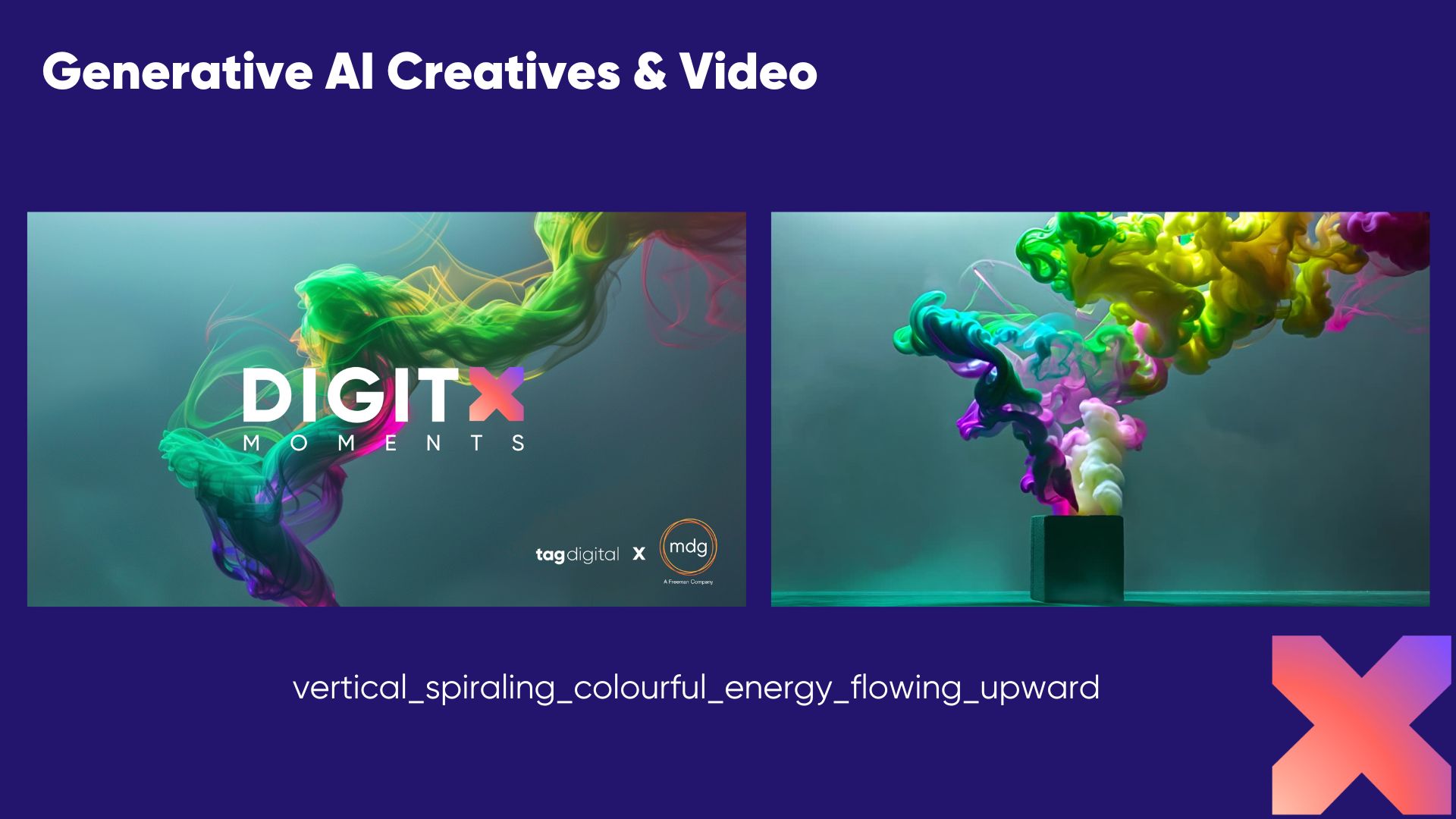
These AI-generated images were created using simple prompts, yet resulted in eye-catching and dynamic visuals. For video content, Runway was used to animate static images, transforming them into engaging promotional assets.
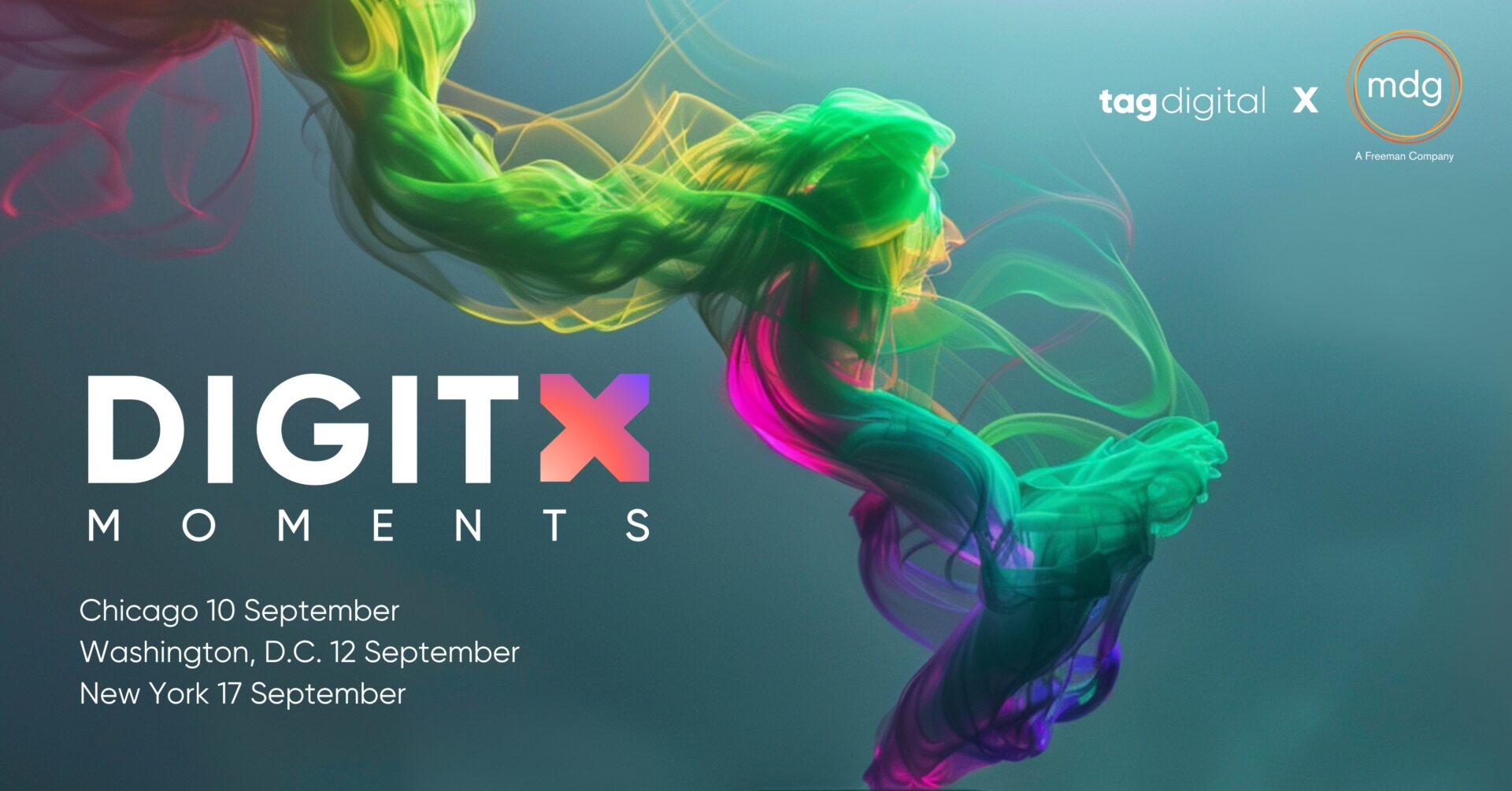
Generative AI is a powerful tool for event marketers, enabling them to produce high-quality creative assets quickly and at scale, ensuring their campaigns stand out in a crowded digital landscape.
Tag Digital’s AI-Powered Solutions: Phoenix, Brad, and Apollo
Kirsty shared how Tag Digital is using custom AI solutions to streamline operations:
- Phoenix: This AI assistant helps with client onboarding, providing step-by-step guides to ensure a smooth process. It saves time and reduces the need for multiple calls, making onboarding more efficient.
We’ll let Phoenix introduce herself in this short video.
- Apollo: Apollo serves as an internal knowledge base and company brain, storing all of the company’s documents—from policies to best practices—in one place. Accessible via Slack, Apollo helps employees quickly find the information they need, reducing time spent searching for documents.
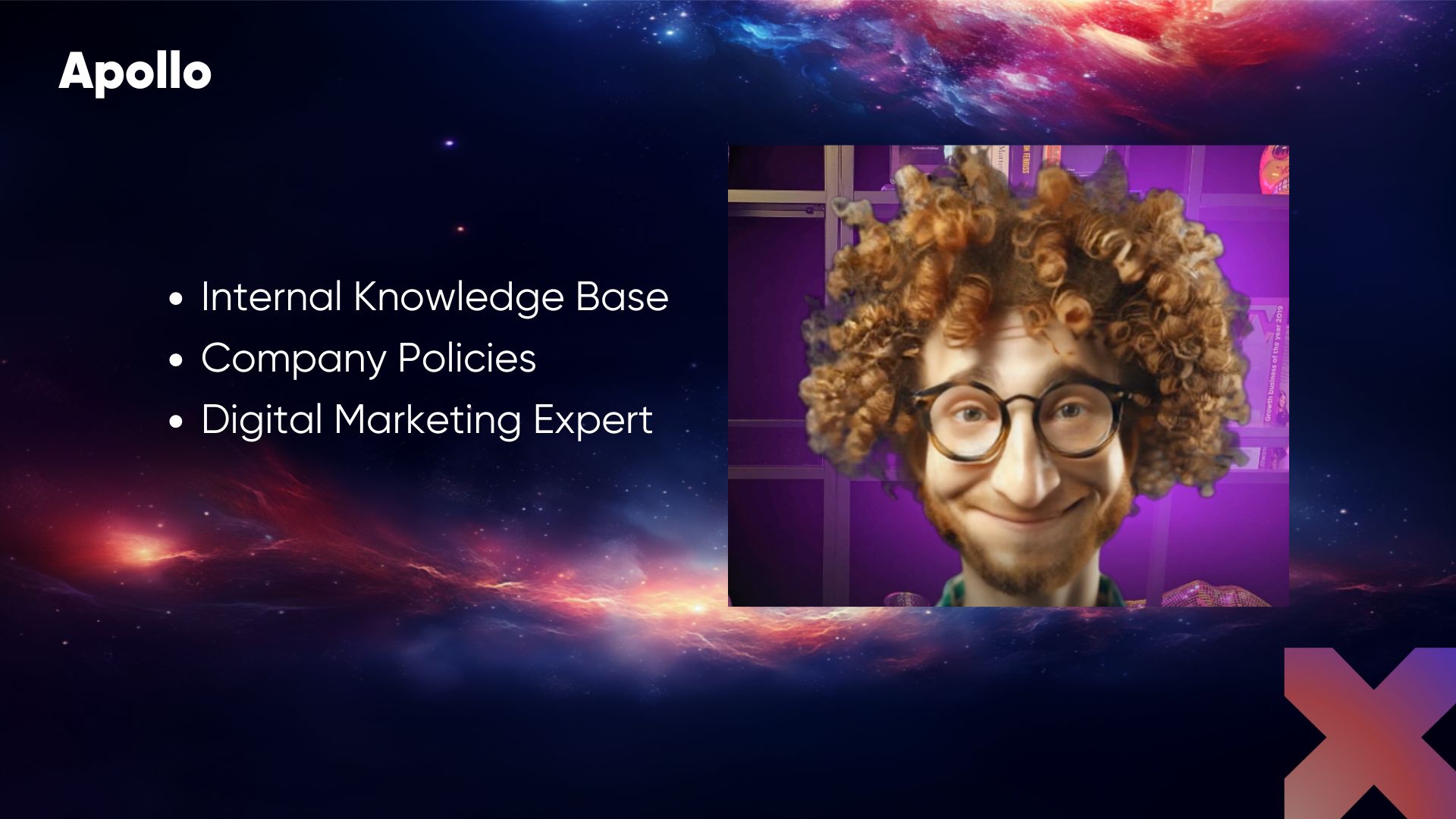
- Brad / Bradina: Our team have designed two CustomGPT models – one for Google and one for Paid Social – that help generate ad copy tailored to Tag Digital’s campaigns, streamlining the content creation process.
- Tagify: This CustomGPT allows us to check any of our written content follows our brand guidelines and company tone of voice – ensuring consistency across all of our communications.
- Nina Morrison: Our final CustomGPT helps our team create prompts to use in ChatGPT and other LLMs, ensuring the prompt follows best practice and most efficient for their individual request.
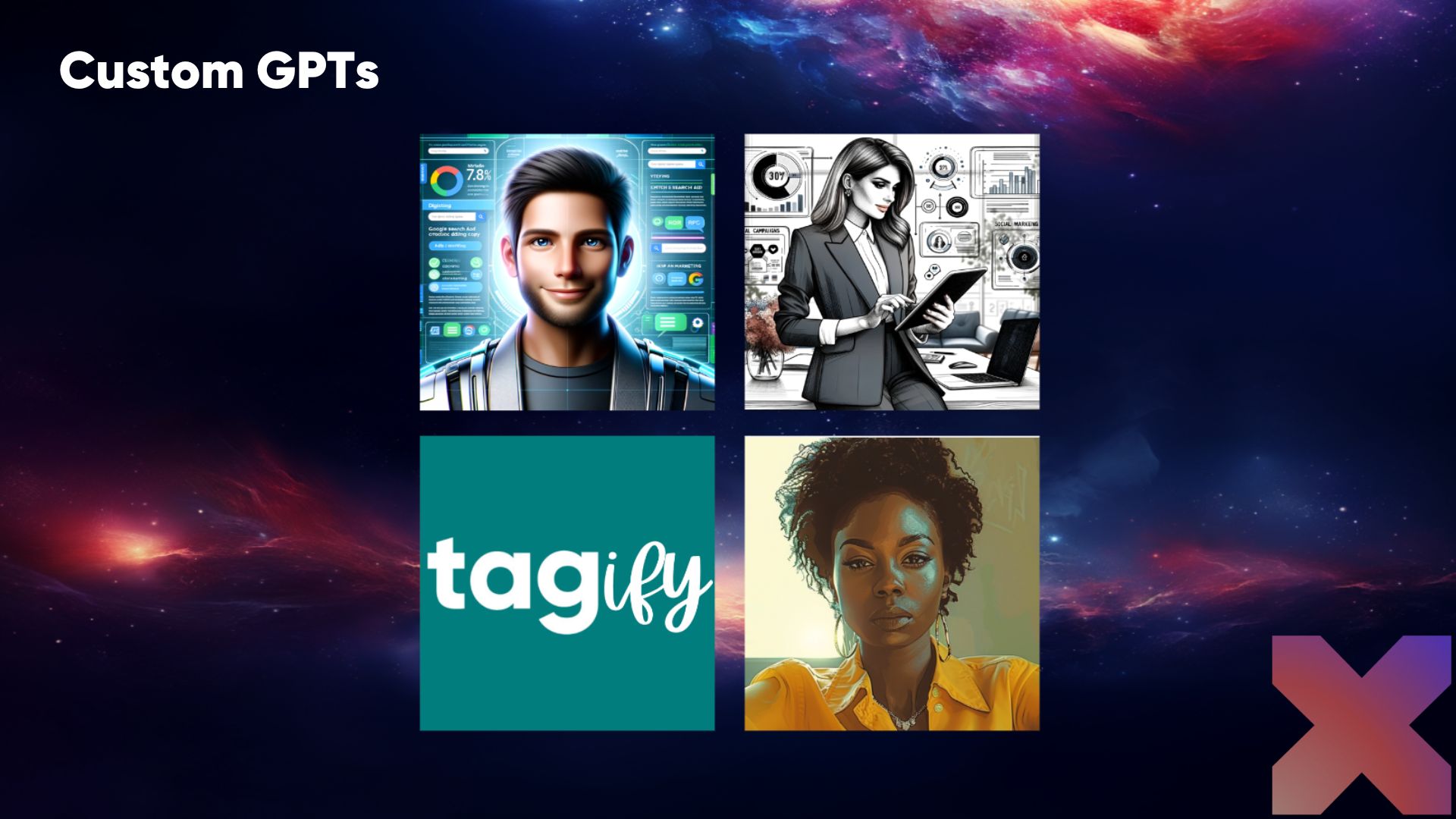
These AI-driven tools are designed to automate repetitive tasks, allowing teams to focus on higher-value activities.
For event marketers, implementing similar AI solutions could significantly improve operational efficiency and enhance the customer experience.
Privacy and Compliance: A Must for AI Integration
While AI offers many benefits, Kirsty stressed the importance of data privacy and compliance. When using AI to process data—such as analysing attendee trends—it’s critical to ensure that the data remains secure and that AI tools are compliant with privacy regulations.
Kirsty recommended using paid versions of AI tools like ChatGPT to create “walled gardens” where sensitive data can be processed securely. She also highlighted the importance of establishing internal AI policies to guide ethical use and ensure accountability.
Encouraging Innovation: AI as Part of Everyday Workflows
Kirsty shared how Tag Digital has created Innovation Hubs across its teams to encourage experimentation with AI.
These hubs are tasked with finding new ways to integrate AI into existing processes, from media plan checks to content generation.
At Tag Digital, the sales team has implemented chatbots to handle email sequences and follow-ups, while the marketing team uses AI to repurpose content.
Check out our AI Agent for DigitX London 2023, a personalised agent that answered our FAQs for us.
Our Repurposing Matrix has saved our marketing team up to 8 hours per content piece, making their processes more efficient and giving them more hours in the day.
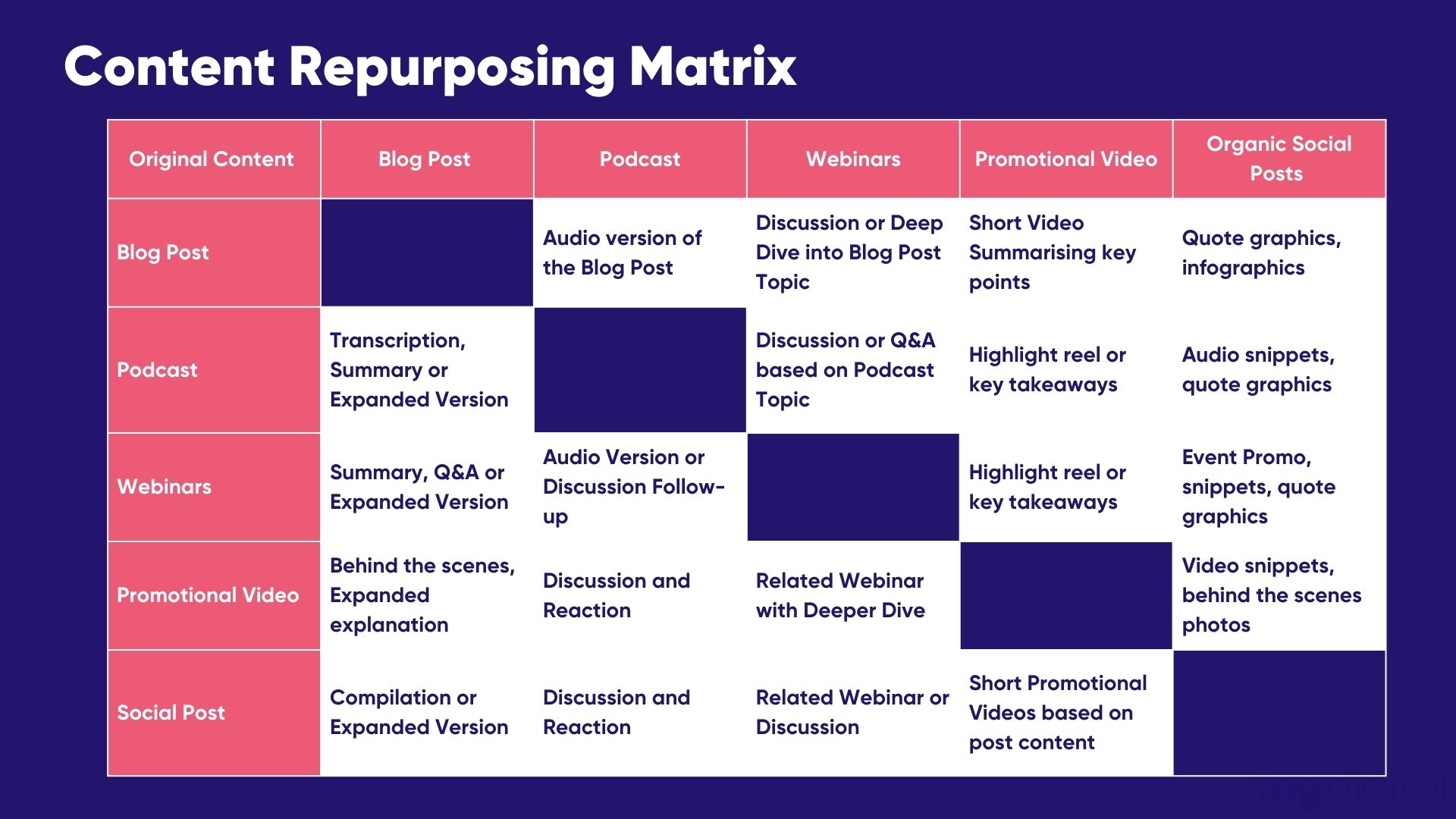
By fostering a culture of innovation, the company has been able to continually refine its processes and stay ahead in a rapidly changing landscape.
Our most recent innovation is our AI Digital Twin – this is still in beta mode but we want to highlight that you have to try these technologies and understand them even if not perfect.
The goal with the AI Digital Twin is to download the information that is stored in the brains of our team, and immortalise this within our company so it can be useful.
This is Laura Davidson our CEO and Founder at Tag Digital and her AI Digital Twin.
Final Thoughts: The Future of Event Marketing with AI
As Kirsty wrapped up the session, she left the audience with one key message: Don’t overcomplicate AI. The best approach is to start small, identify where AI can bring immediate benefits, and then build from there.
By adopting the SPARK Framework and encouraging a mindset of continuous improvement, event marketers can unlock the full potential of AI.
The future of event marketing is about harnessing AI to drive efficiency, creativity, and innovation.
With the right tools and strategies in place, AI can transform how marketers engage their audiences, optimise their campaigns, and deliver exceptional event experiences.
Key Takeaways from Kirsty’s Session:
- Embrace AI: See AI as a tool for enhancing human creativity and efficiency, not as a replacement for people.
- Start Small with the SPARK Framework: Focus on incremental improvements, integrating AI into your daily workflow step by step.
- Prioritise Data Privacy: Implement strong data privacy policies and use secure AI tools to protect sensitive information.
- Encourage Innovation: Create AI Innovation Hubs within your team to experiment with new tools and refine processes.
- Leverage Generative AI: Use AI to create compelling visuals and content that stand out in the digital space.
By following these strategies, event marketers can take advantage of AI to future-proof their campaigns and deliver greater value to their audiences.
For more information, please reach out to us on LiveChat.








